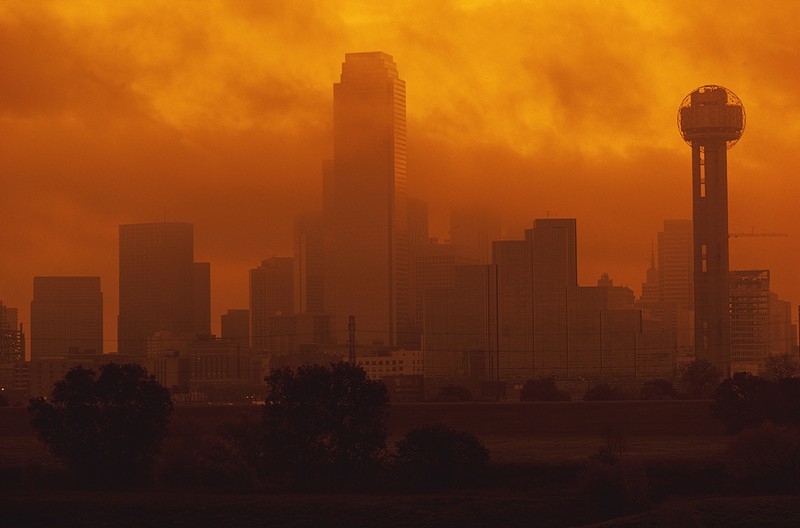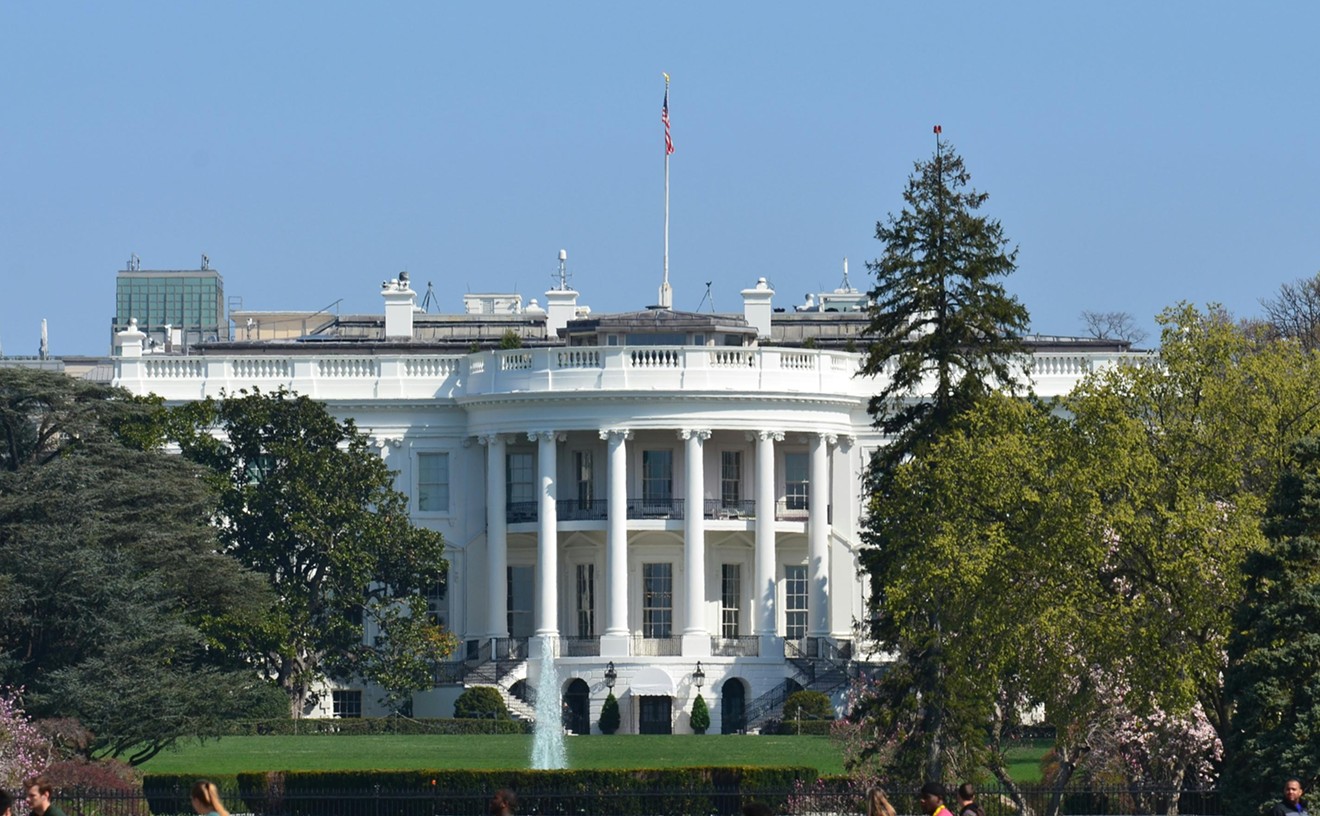Take heart, Dallas, it could be worse. Remember last August? No? That's probably because your memory is trying to protect you, possibly because you had a mild heat stroke.
According to the National Weather Service, the average temperature for August over the years has hovered between 80 and 93 degrees. The hottest average temperatures for August were in 2011, when it reached 93.4 degrees. Besides 2011, the hottest Augusts on record were in 2023, 2010 and 1952, when average temperatures ranged between 89 and 93 degrees.
But those are averages, which can obscure the actual day-to-day hellishness. For example, the high temperature in Dallas reached 110 degrees on Aug. 25 and 26, 2023, according to NWS records of the hottest days in the area. The city has endured 110-degree highs nine times since 1936, and seven of the 15 hottest days on record came in August. Here's the NWS rundown of the city's record highs.
- 113 - June 26, 1980
- 113 - June 27, 1980
- 112 - Aug. 18, 1909
- 112 - Aug. 11, 1936
- 112 - June 28, 1980
- 111 - Sep. 4, 2000
- 110 - Aug. 10, 1936
- 110 - Aug. 16, 1943
- 110 - July 2, 1980
- 110 - July 18, 1980
- 110 - July 12, 1998
- 110 - Aug. 2, 2011
- 110 - Aug. 25, 2023
- 110 - Aug. 26, 2023
- 110 - Sep. 8, 2023
The good news is that things could be worse. The bad news is that they probably will be. Victor Murphy with the National Weather Service told austinmonitor.com that this summer could be among the top-20 hottest on record. So, bundle up and enjoy the cool — coolish, anyway — temps the next few days. This weekend, cloud coverage and the cold front could bring high temperatures back down to the 90s (brrrr!) before the start of next week.
“So you’re telling me there’s a chance,” WFAA weather god Pete Delkus wrote on X. “A disturbance and a weak front will bring more clouds around on Friday … helping keep high temps lower than the last couple of days,” he wrote. “There also could be some spotty showers or storms around, but don't count on seeing one.”So you're telling me there's a chance...
— Pete Delkus (@wfaaweather) August 8, 2024
A disturbance and a weak front will bring more clouds around on Friday. Helping keep high temps lower than the last couple of days. There also could be some spotty showers or storms around, but don't count on seeing one. pic.twitter.com/WhlGuvnenN
You might be wondering how this bodes for the Electric Reliability Council of Texas (ERCOT) and our electrical grid. While Texas saw peak demand for electricity on Wednesday and Thursday, ERCOT predicts the energy supply will outpace demand for now.
However, according to chron.com, ERCOT released a report last month warning of rolling blackouts this summer. ERCOT’s report said there was a 16% chance of a grid emergency and a 12% chance of rolling blackouts in Texas in August. It indicated that in the event of extremely low wind energy with high demand and decreasing solar generation during the evening hours, there is an elevated risk of ERCOT declaring an energy emergency alert, according to the agency.
Next week could bring highs in the hundreds and lows around 80 degrees, NBC reported. Monday is expected to be the hottest day of the week, with a high of 101.
Last year, Texas had its second-hottest summer in part due to what’s called a heat ridge, which parks a mass of heat and humidity over much of the state, according to austinmonitor.com. This is also referred to as a heat dome, and the Lone Star State could go through another one this year.













